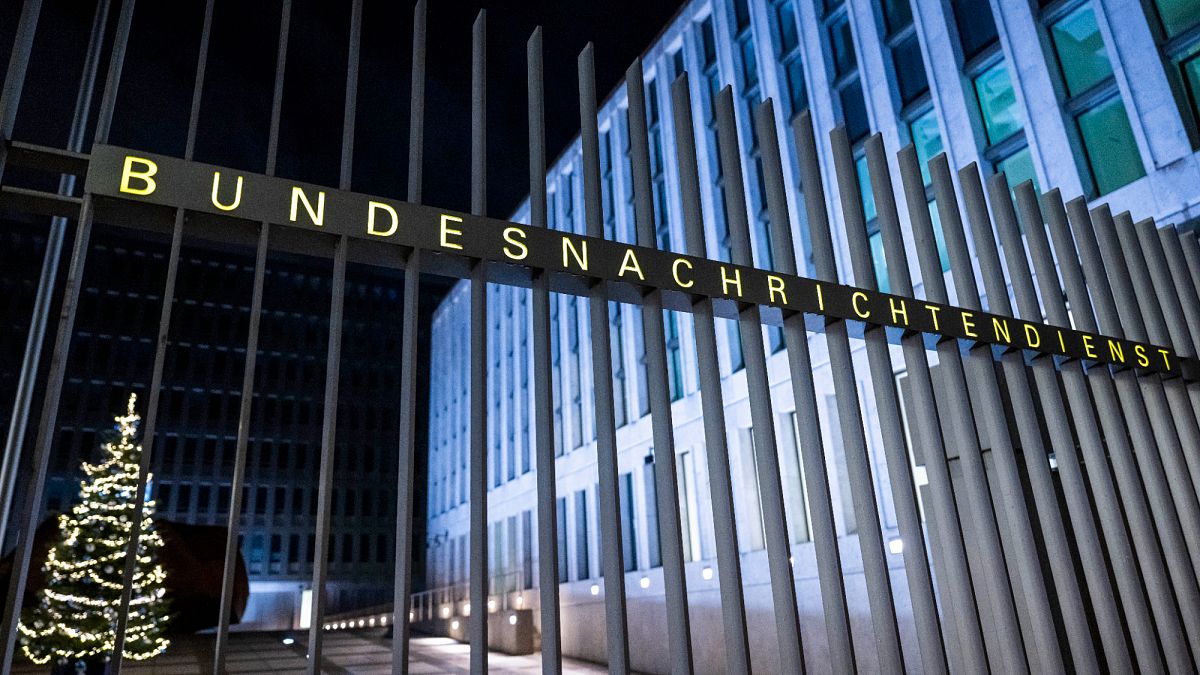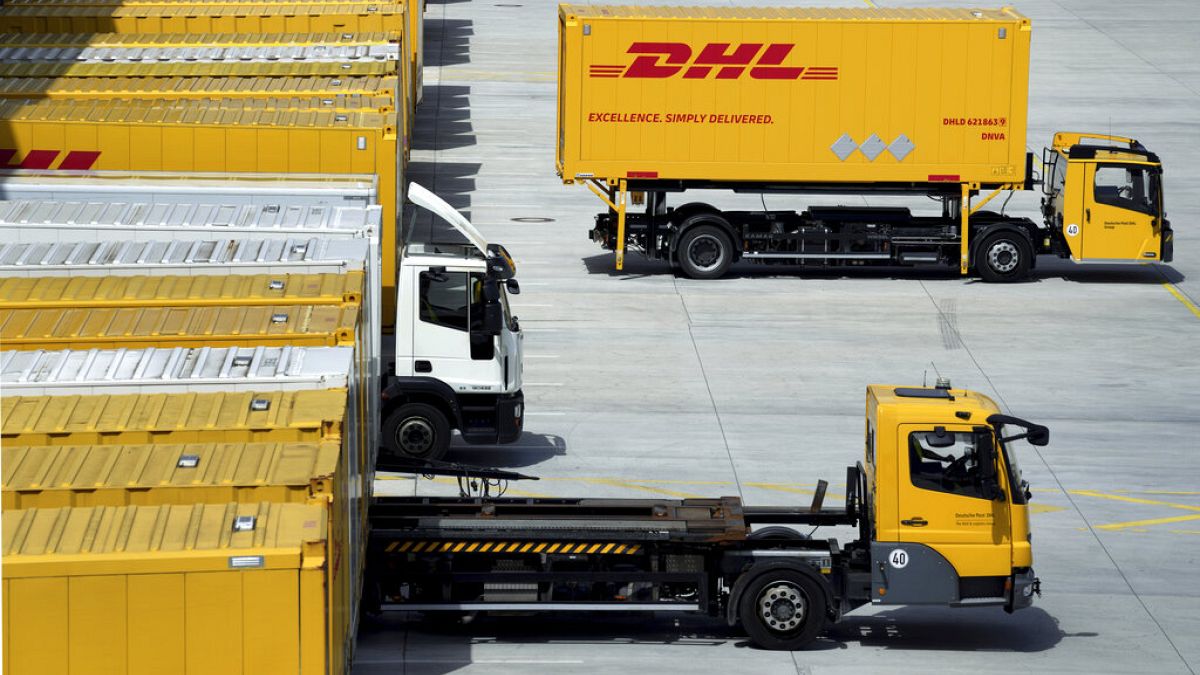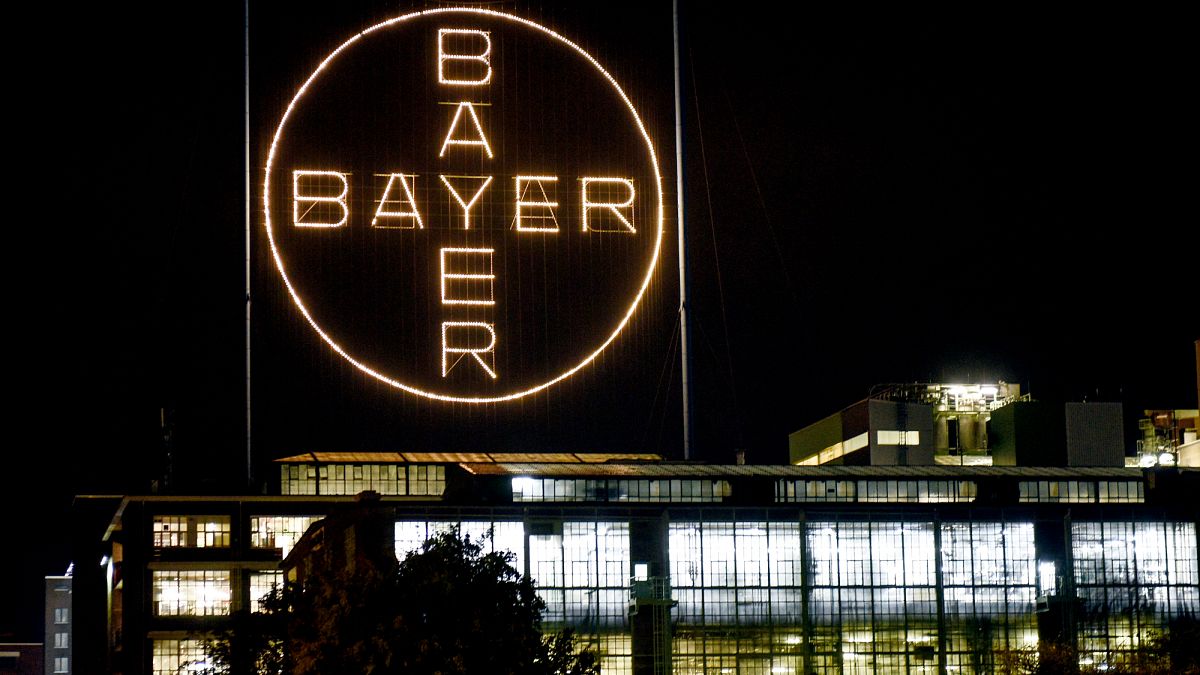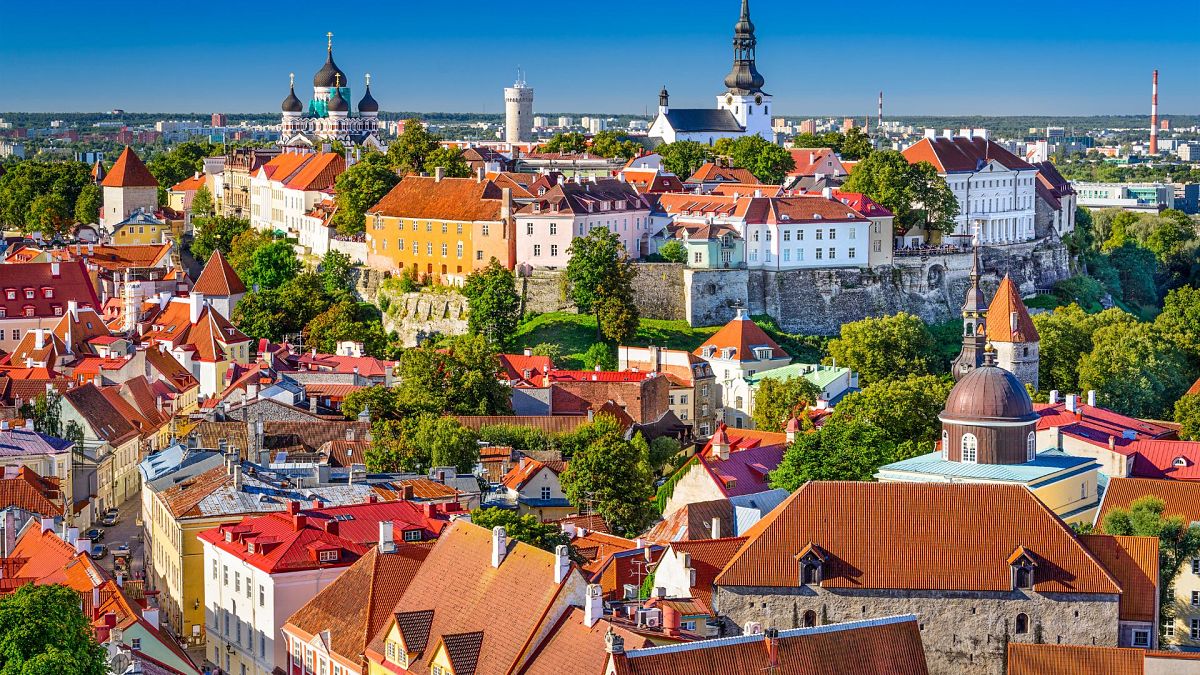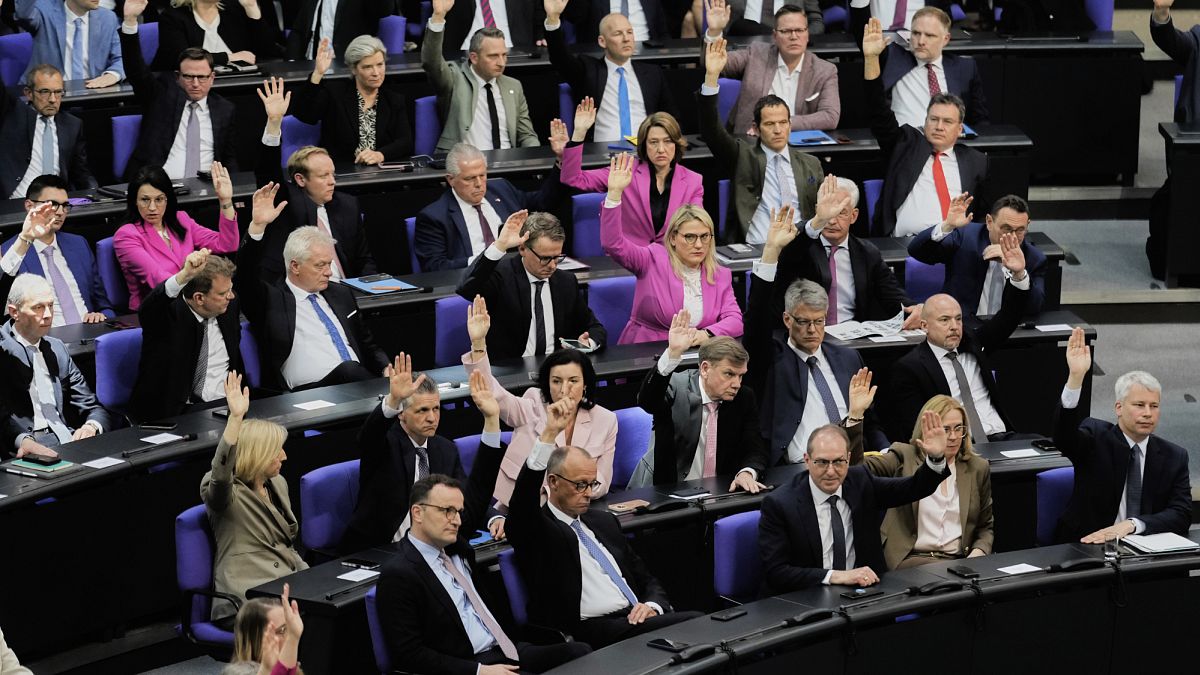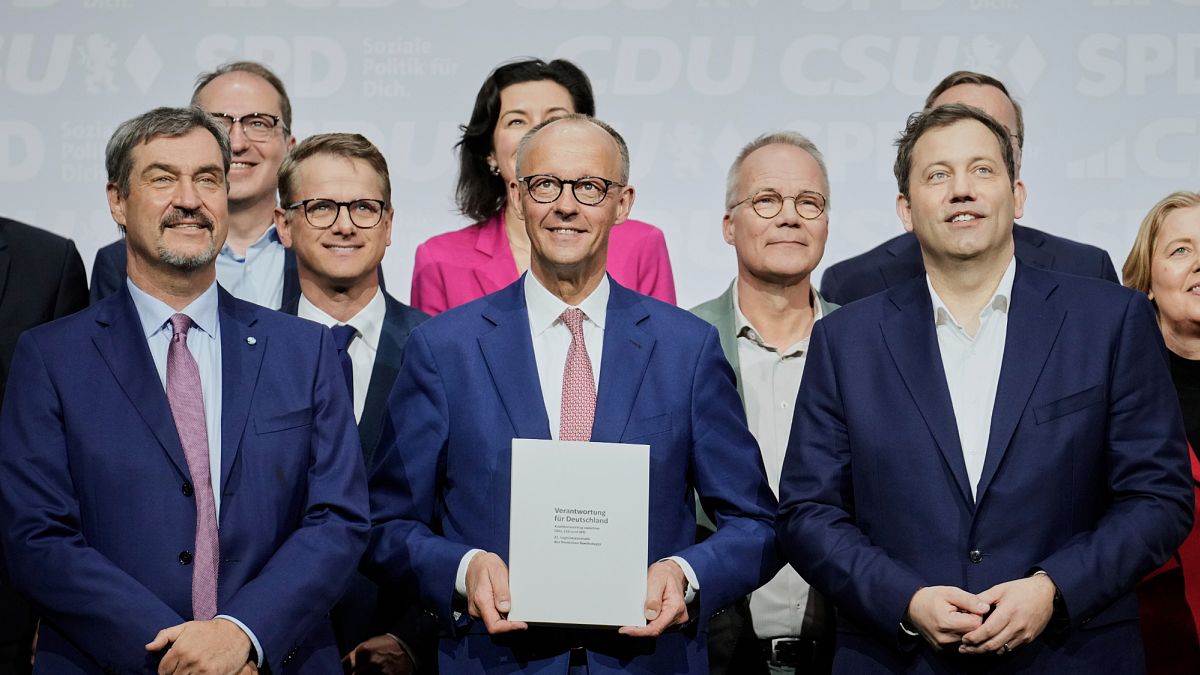Germany unveils costly new plan to cut electricity prices

The scheme is set to run for around five years and will likely cost up to €12 billion in its first year.
The German government has unveiled a large aid plan to reduce electricity prices hitting an industry which has been in difficulty for several months.
They’re planning to make the changes through tax cuts and subsidies up until 2028.
This scheme, which will likely cost “up to €12 billion” next year alone, aims to “considerably reduce the electricity tax” for the manufacturing sector, by reducing it from 1.537 cents per kilowatt hour (kWh) to a minimum of 0.05 cents per kWh, according to a press release from the government.
The plan is currently scheduled “until 2025”, they say – and the reduction could be extended “for three years”.
The companies that consume the most energy and “face the most international competition” will also benefit from the extension “for five years” of measures allowing them to offset part of their costs linked to the pollution rights markets.
“The government is massively relieving the manufacturing industry of its electricity costs,” German Chancellor Olaf Scholz announced via a press release.
This announcement comes after weeks of intense discussions between manufacturers, unions and the government
The future of industry, a pillar of the German model, has raised countless questions across the country.
Germany, which has for years depended on cheap Russian gas, had to do without that particular resource since the start of the conflict in Ukraine early last year.
Since then, manufacturers have experienced particularly high electricity prices – among the highest in Europe.
Highly energy-intensive activities are still struggling to regain their pre-war production levels, threatening relocation out of Germany.
In the midst of this situation, Vice-Chancellor and Minister of Economic Affairs and Climate Action Robert Habeck has been calling for several months for the establishment of a price ceiling – by means of a massive subsidy for the most consuming industries.
The German government predicts a recession – or a decline in GDP – of 0.4% this year.
The former powerhouse of the EU is expected to be the only G7 country to experience a recession this year, according to the International Monetary Fund.
Source: Euro News


